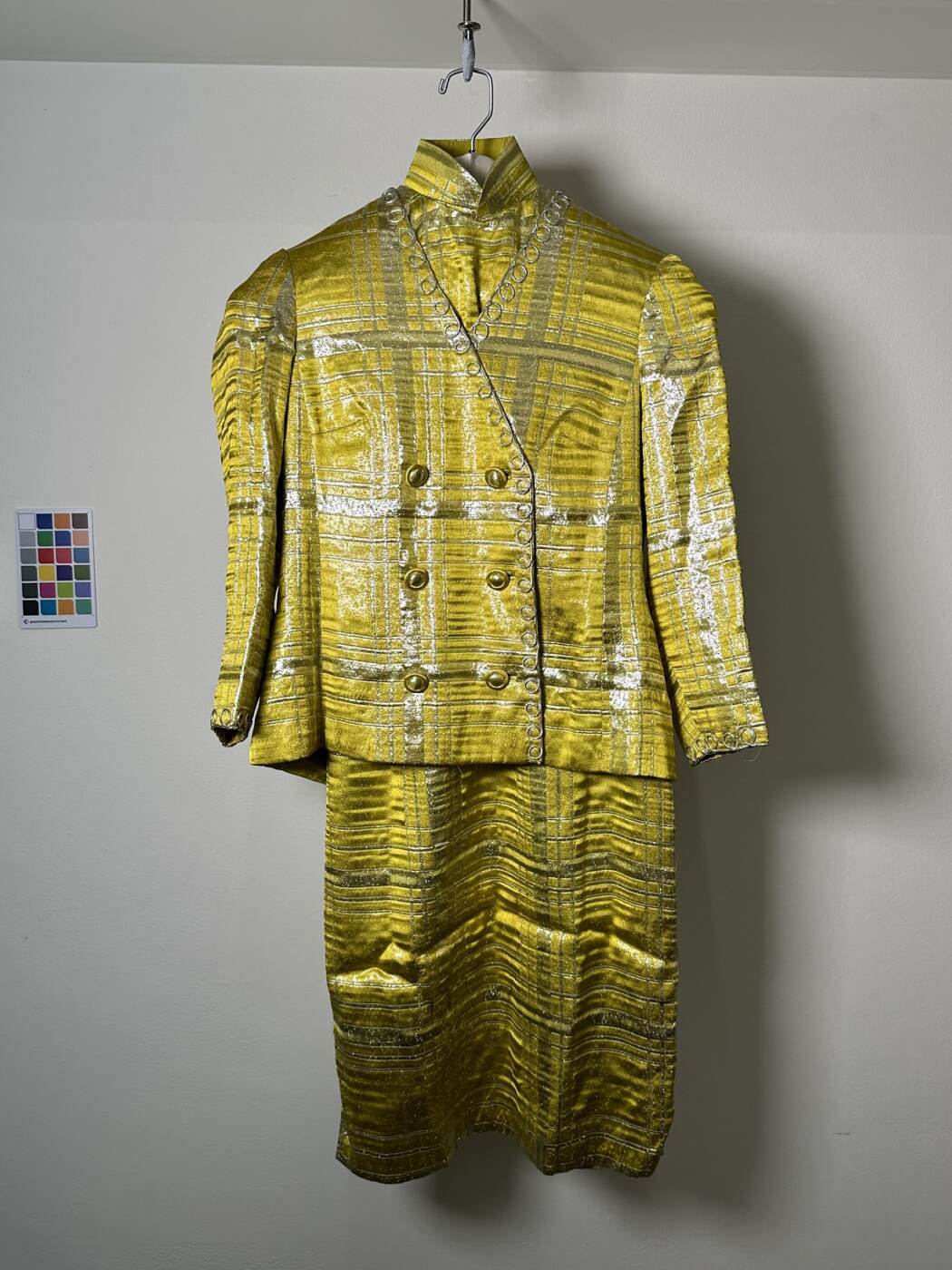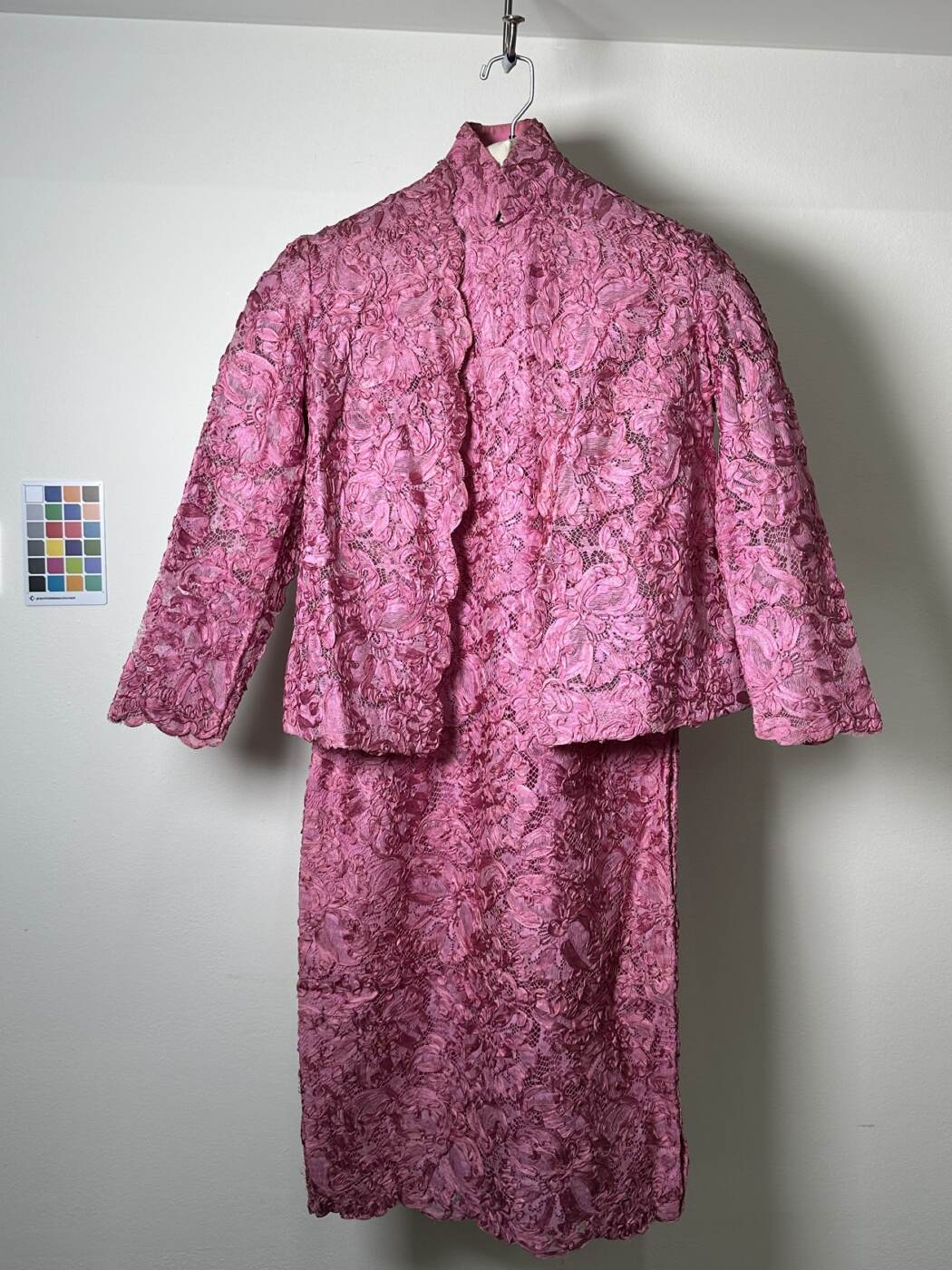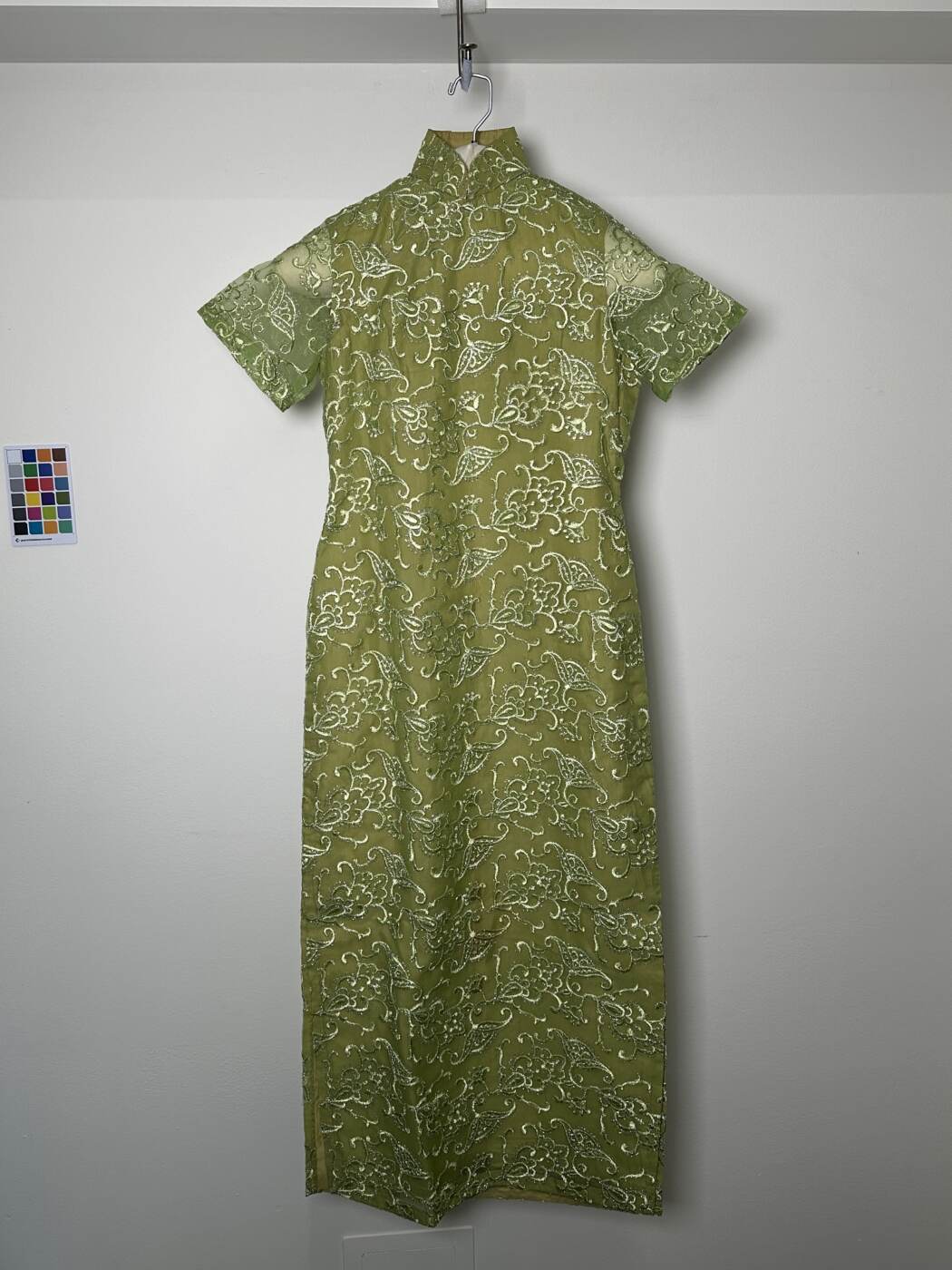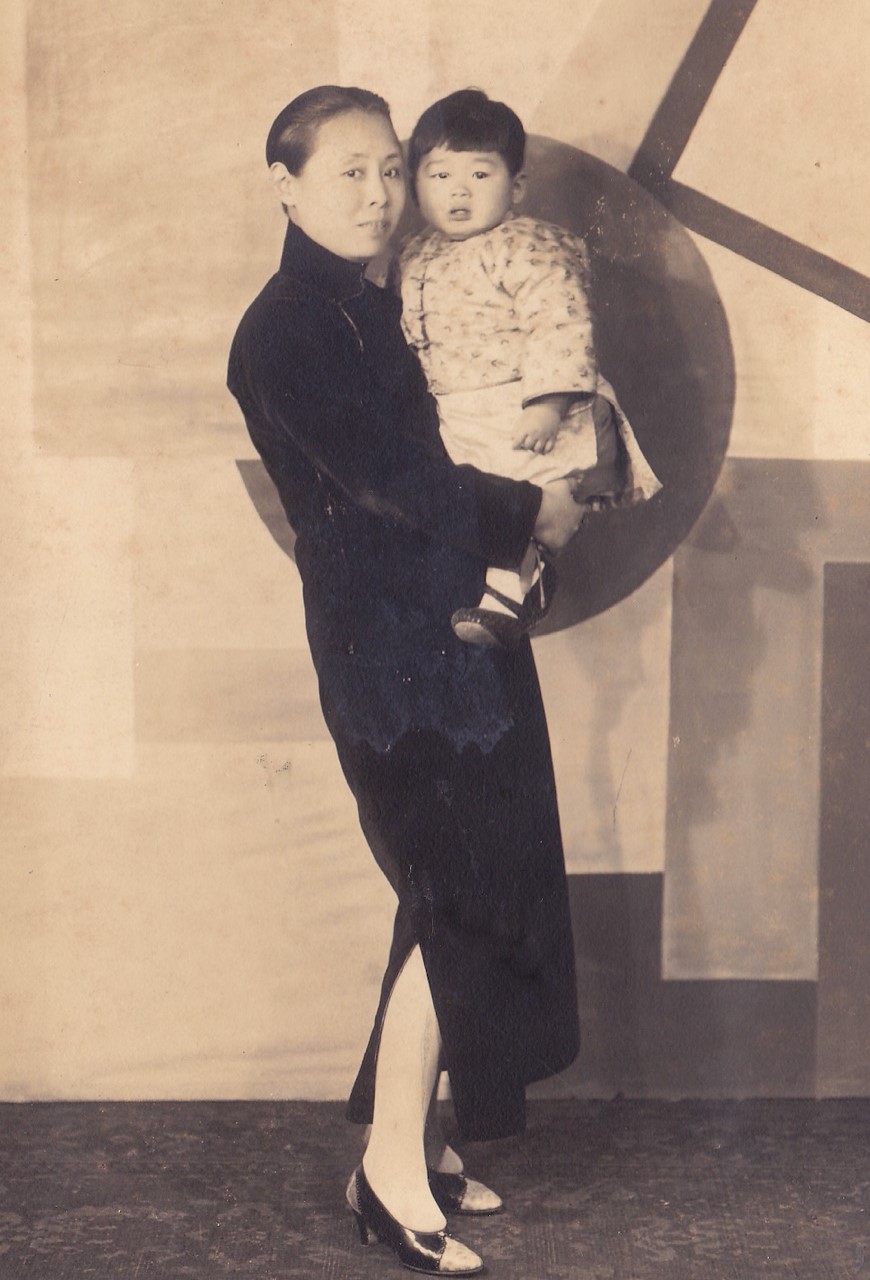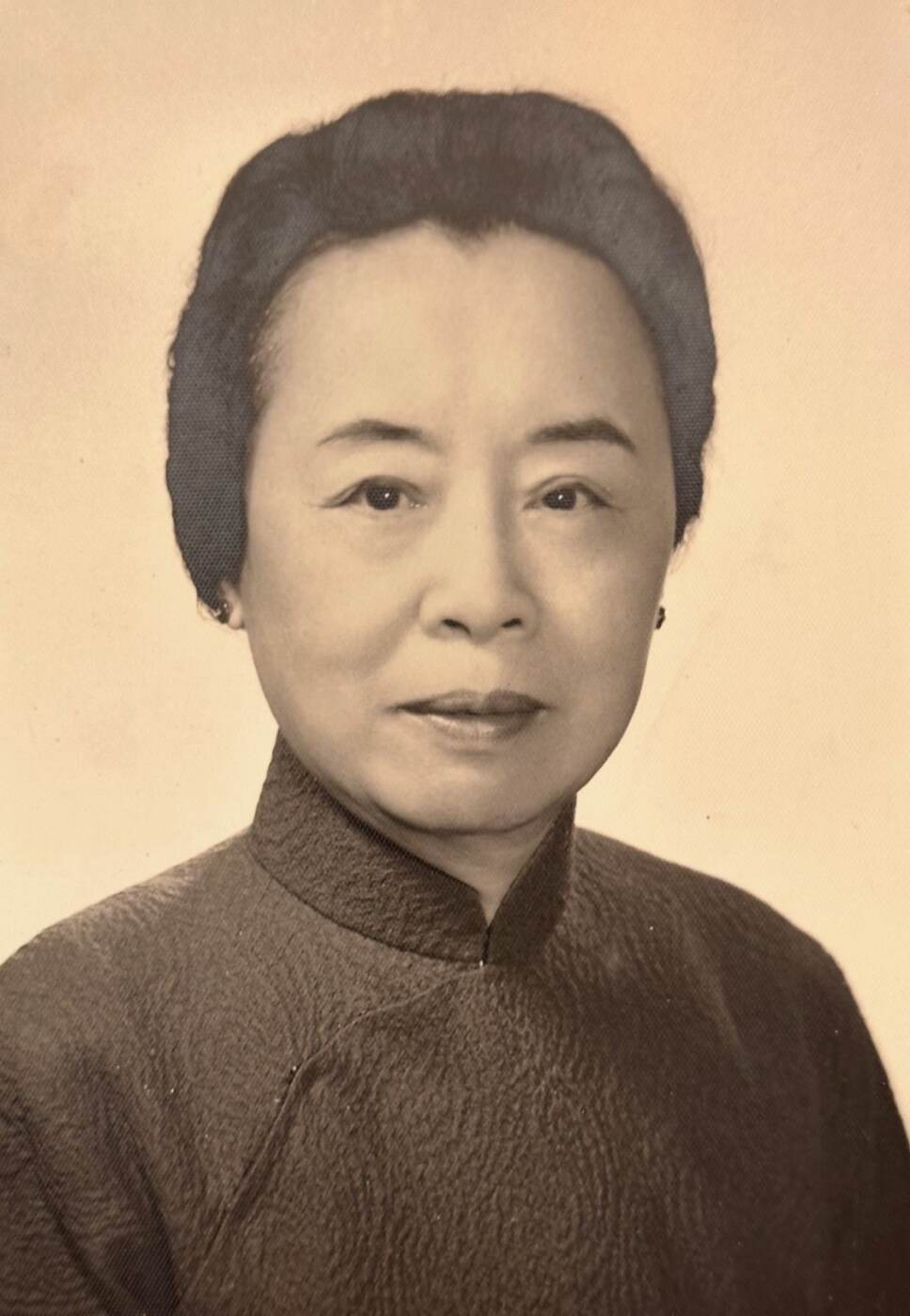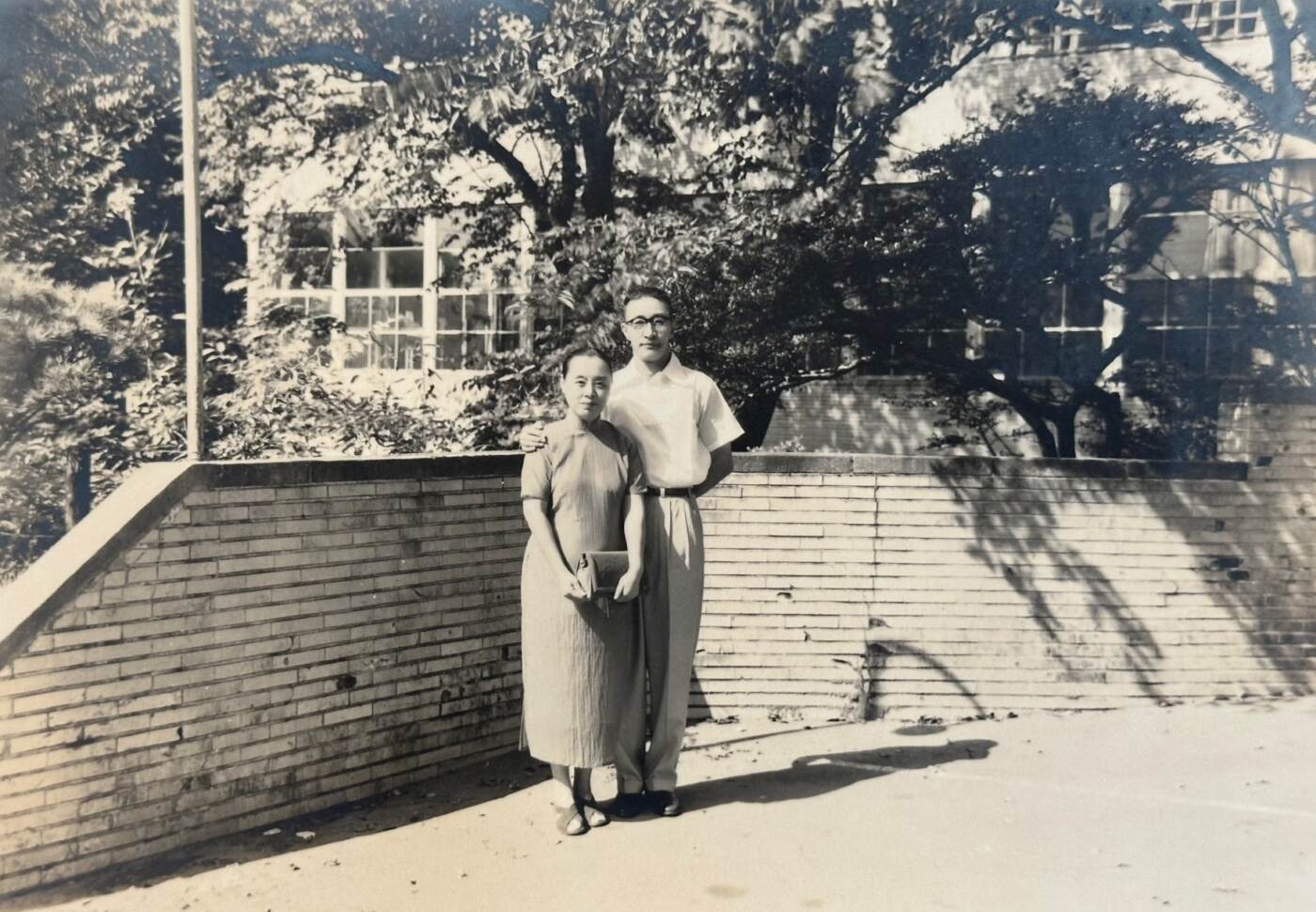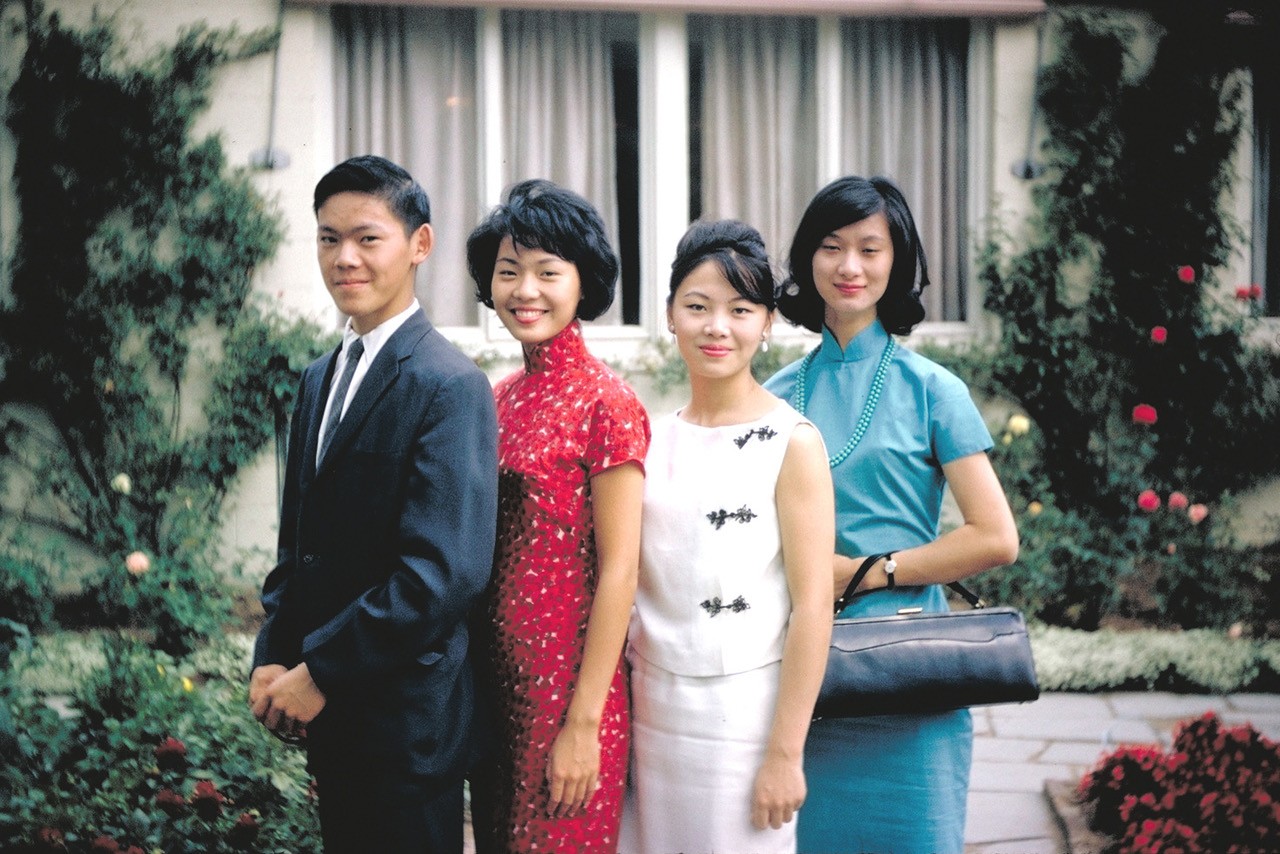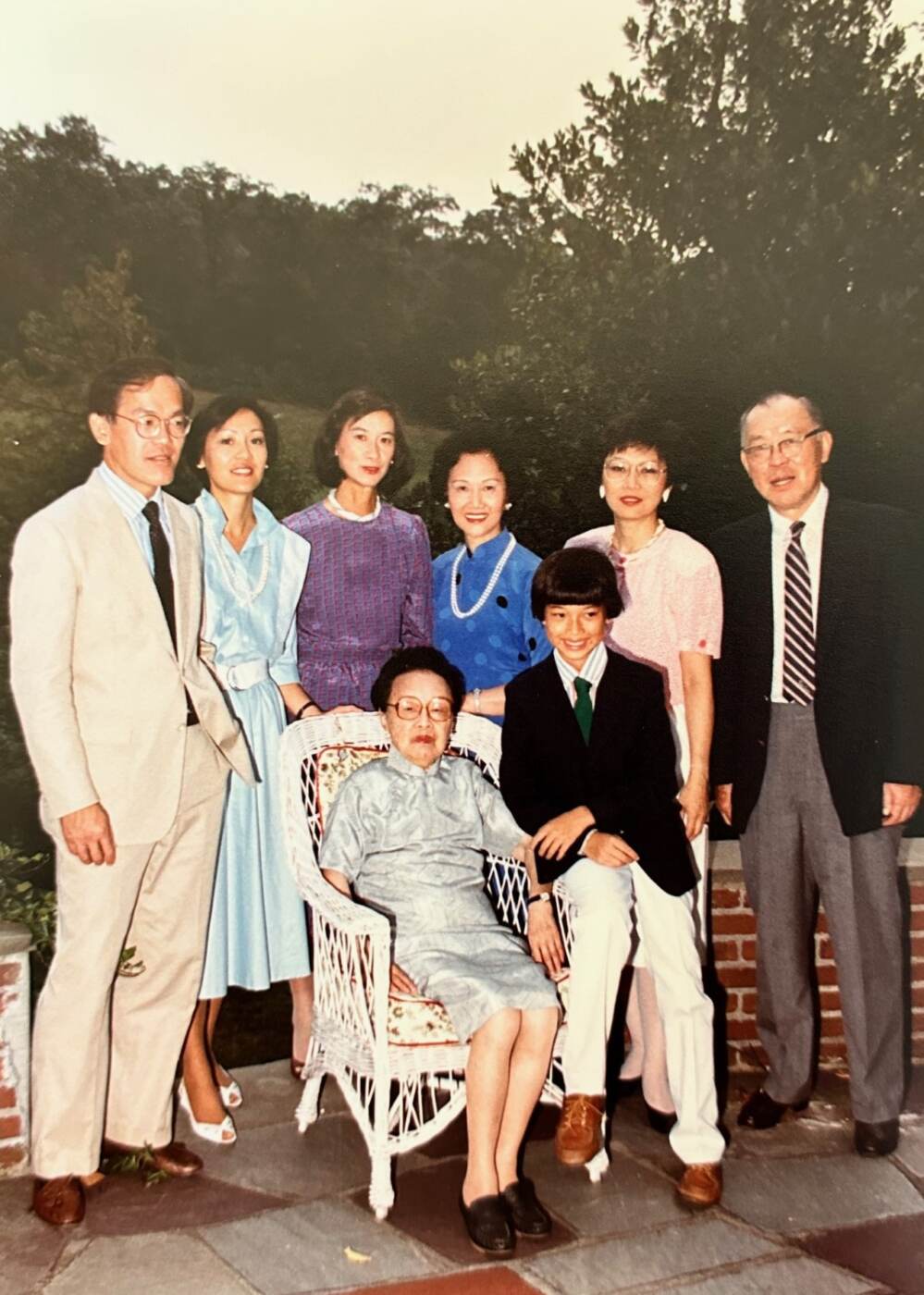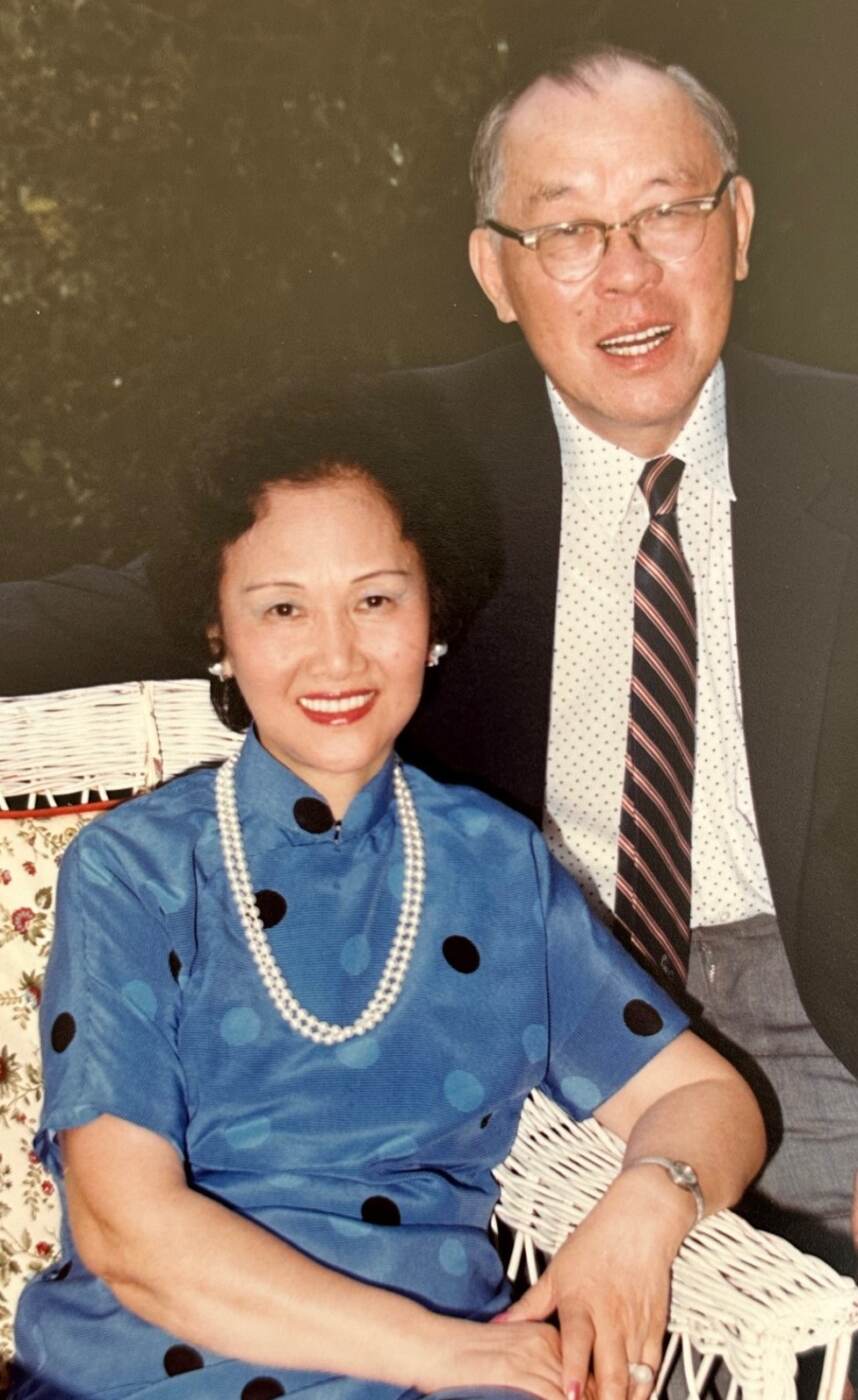Captivating, vibrant, and beautifully embellished, these traditional dresses and Western-influenced jackets were once worn by Zhang Youyi, a woman remarkable for her time who broke free from strict traditions and gender norms.
Zhang Youyi’s Qipaos and Family Photographs
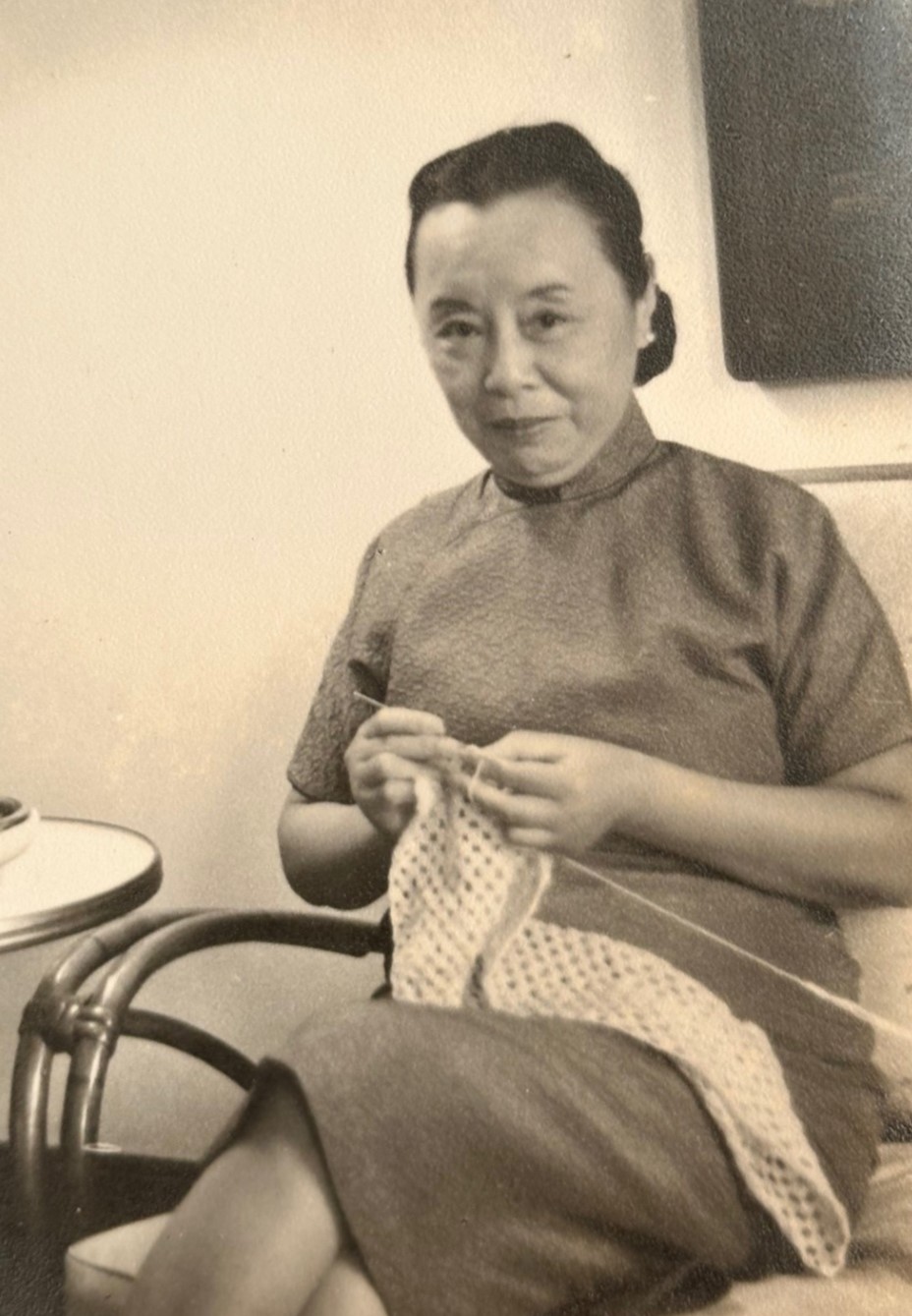
Zhang (1900-1989) was born to a wealthy family in Shanghai and was the first wife of a notable Chinese poet named Xu Zhimo. From a young age, Zhang was motivated to defy rigid societal gender roles. The women in her family upheld the tradition of foot binding, but she was luckily spared due to her brother’s dissent when she was only three years old. During her teenage years, she aspired to pursue higher education at a Chinese boarding school. However, her academic journey was cut short at age fifteen by an arranged marriage to Xu Zhimo (1897-1931).
They had two sons, Chi-kai Hsu and Peter Hsu. Unfortunately, Peter passed at age three due to sepsis. Shortly after giving birth to Peter, Zhang received a letter from Zhimo stating that he wanted to get a divorce. He believed that their relationship was not based on love and went against the modern values he adopted overseas. Their infamous separation was the first legal divorce recorded in Chinese history.
Zhang, now a single mother, committed herself to supporting her family through difficult times. Not only did she open Shanghai’s first upscale garment business, but she also invested in the stock market and became vice president of the Shanghai Women’s Commercial and Savings Bank in 1928. With her new wealth, she even built estates for herself and her ex-husband’s parents because she wanted to fulfill her duties as a daughter-in-law.
Zhang successfully raised her son alone, and later her four grandchildren while their parents were pursuing their studies in the States. Due to political turbulence in China, Zhang took her four grandchildren to Hong Kong to start all over, despite all her successes in China. Miraculously, Zhang made a new life for herself by helping young couples with relationship problems and along the way, she met her second husband, Dr. Jizhi Su.
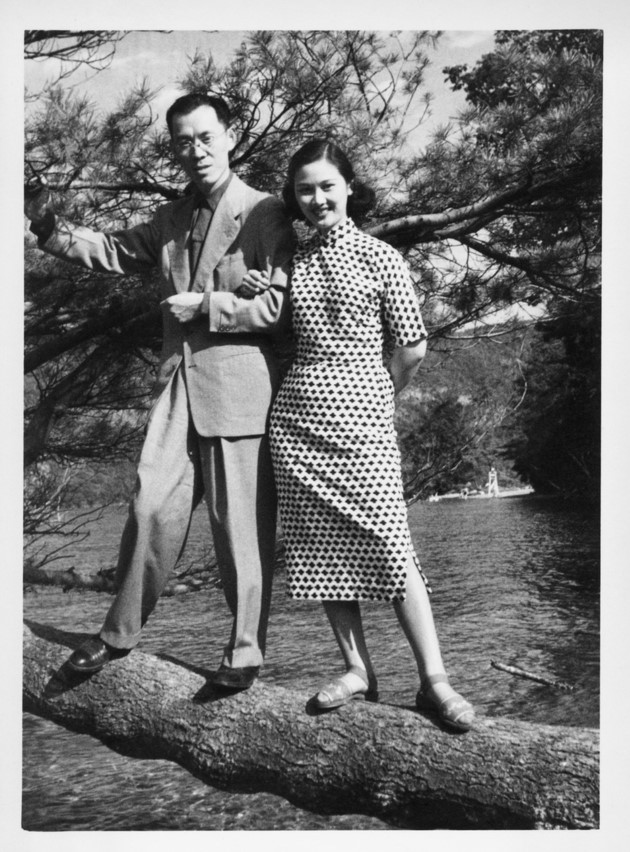
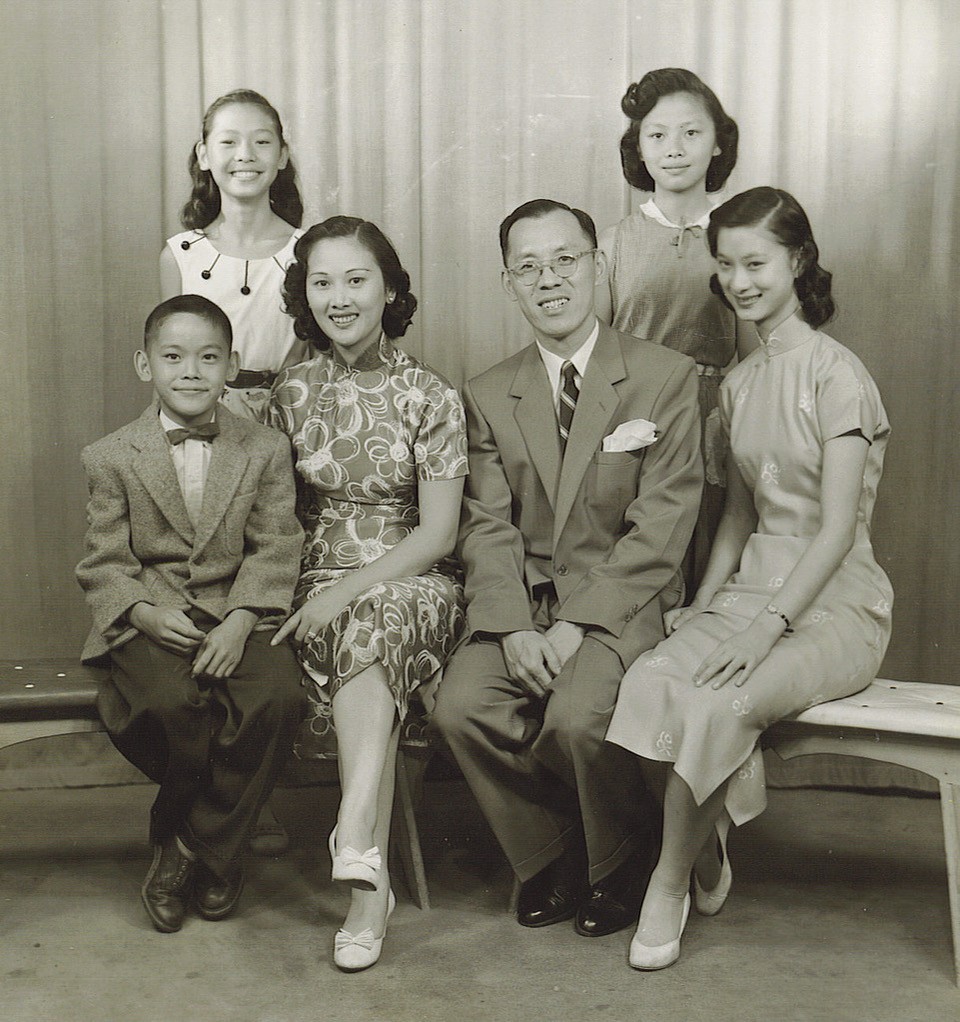
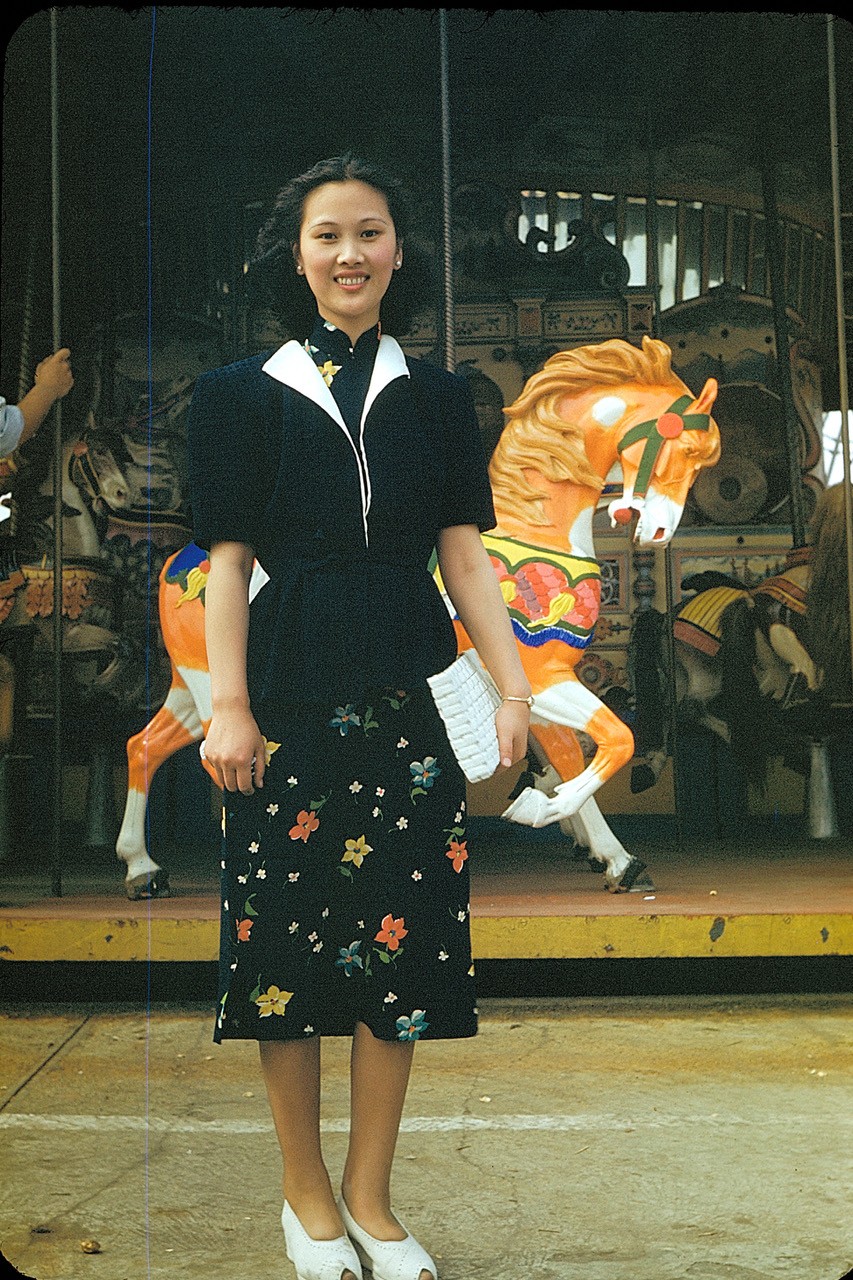
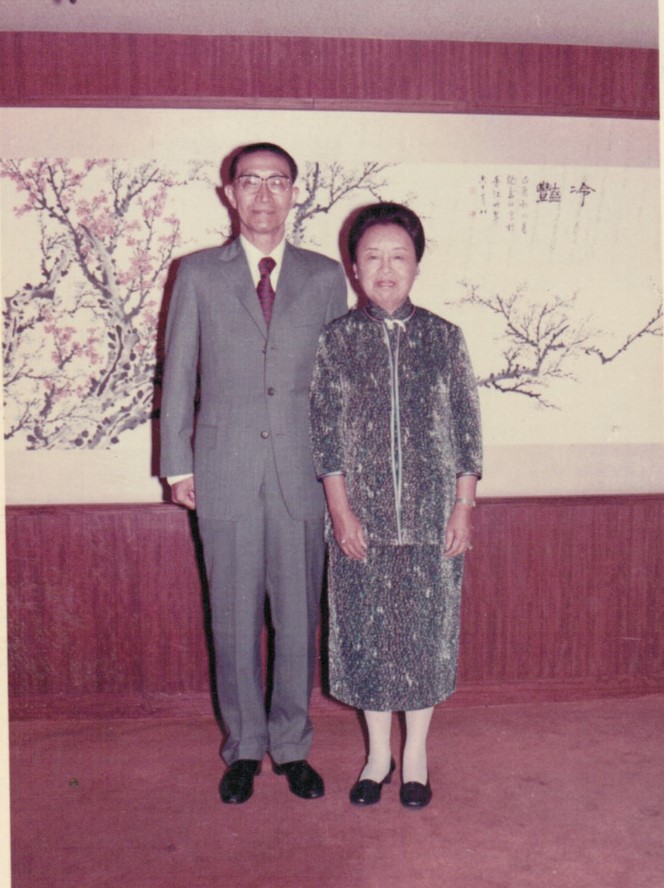
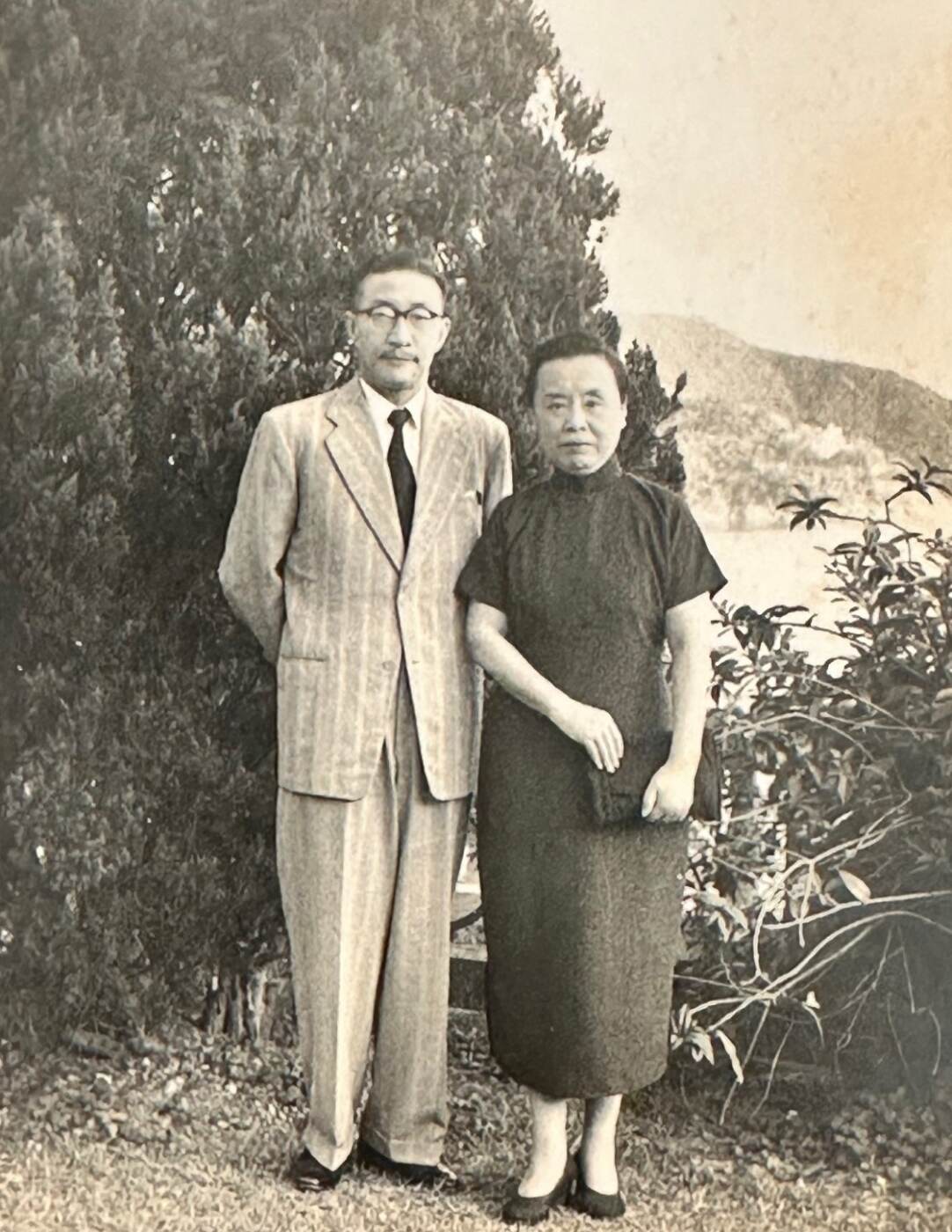
These traditional garments, worn regularly by Zhang Youyi, witnessed and help us tell her unique story, one of a woman who defied gender roles, overcame hardships, and forged a path not only for herself but also for her family.
Sources:
Alexandra Hsu. “She escaped bound feet, was the first Chinese divorcee, Hong Kong people were constantly thanking her – why?” South China Morning Post, April 1, 2024. https://www.scmp.com/magazines/post-magazine/long-reads/article/3257221/she-escaped-bound-feet-was-first-chinese-divorcee-hong-kong-people-were-constantly-thanking-her-why.
